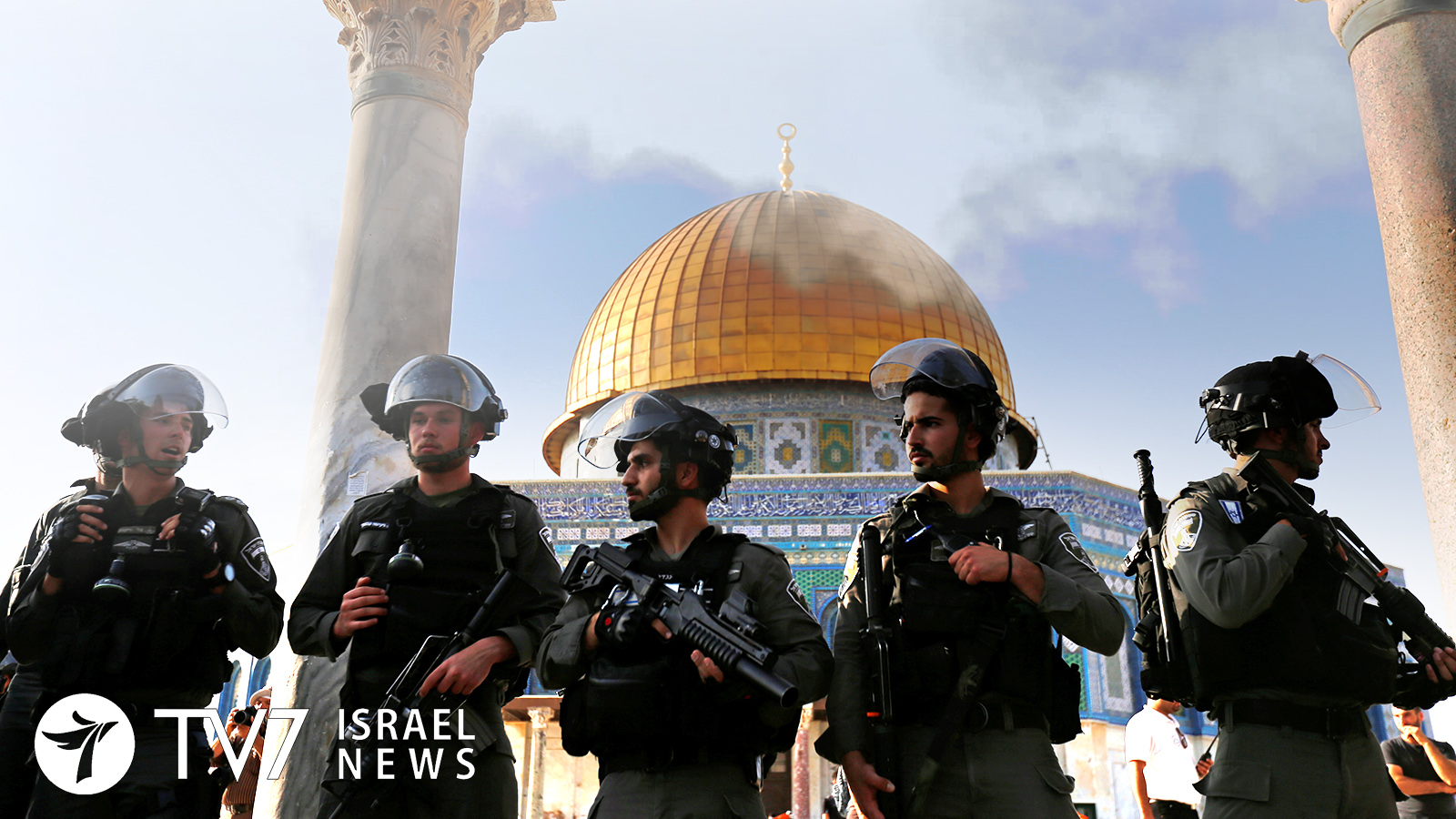The battle of sovereignty over Jerusalem’s Temple Mount has intensified in recent weeks, with the Islamic Waqf, that oversees the antient-site, actively contesting Israeli instructions on matters of access and security. The Waqf, which maintains control over the antient compound which houses the al-Aqsa Mosque and the Dome of the Rock on lands where both biblical temples once stood, has governed the access to the mount since the Muslim conquest of the Christian Kingdom of Jerusalem in 1187.
That said, despite the fact that Israel reclaimed control of the Old City of Jerusalem during the Six-Day War of June 1967, which subsequently led to its decision to immediately assert sovereignty over all parts of the city; warry of greater conflicts with the Muslim world, the leadership of the Jewish State at the time allowed the Islamic waqf to retain administrative authority over the Temple Mount, as part of the known diplomatic arrangement: Status Quo Ante Bellum – Latin for “the state of affairs that existed before the war.” That is why, to date, only Muslims are allowed to worship on the site – holy to the three Monotheistic religions – with penalty of eviction and even incarceration to any non-Muslims whom dare to practice their faith on the grounds.
Meanwhile, the quest for control has manifested in multiple deadly waves of Palestinian hostilities against Israelis, including the two most-major violent eruptions, known as the “second Intifada” between the years of 2000 and 2005, and the so-called “lone-wolf Intifada” between 2015 and 2016. While the latter spate of violence subsided, tensions over the question of sovereignty continues to be at the heart of the decades-old Israeli-Arab conflict.
The latest tension pertains to a dispute between the Islamic Waqf and Israeli police over a walled courtyard in the northeastern part of the Temple Mount, which houses a hall that provides access to the only eastern gate of the antient compound, commonly known as the Golden Gate. In 2003, at the height of the second Intifada, Israeli Authorities decided to seal off the structure, after a police investigation revealed that a group with ties to the Islamist Hamas organization was effectively controlling the hall, preaching radical ideology of violence against non-Muslims.
In recent weeks, however, the Islamic Waqf has challenged the closure, convening and staging prayer-protests in the area. Despite a repeated court order to close the sitethe Waqf Council – which is appointed by the Hashemite Kingdom of Jordan – has vowed to keep the courtyard open, leading to the arrest of two senior Islamic clerics by Israeli police. According to Sheikh Abdelazeem Salhab, Chairman of the Waqf Council,”We were arrested since 5:00 a.m. until 5:00 p.m. for 12 hours under investigation, the investigation was about Bab al-Rahmeh (mosque).”
Following his release, Sheikh Abdelazeem Salhab declared that the Gold Gate would “remain open for Muslims to pray,” despite an Israeli ultimatum to close the site by next Monday. Furthermore, and in spite of the the Islamic Cleric’s rejection of the Israeli court’s jurisdiction over the Temple Mount, he demanded that Israel permit the Waqf to renovate the antient building and revoke orders banning dozens of Waqf officials, guards and worshippers from the northeastern courtyard. It is important to note that according to Jewish tradition, the antient Golden Gate is the entry point from which the Messiah is believed to enter Jerusalem. That is why, according to historic records, the Ottoman Sultan Suleiman the Magnificent sealed off the Golden Gate and built a cemetery in front of it, to prevent any false Messiah or Anti-Christ from coming through it into the Temple Mount.
